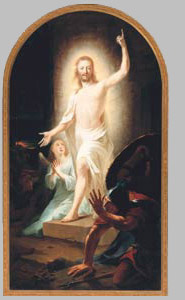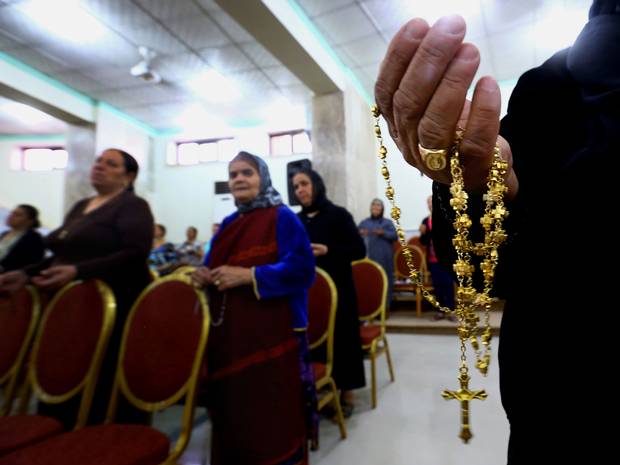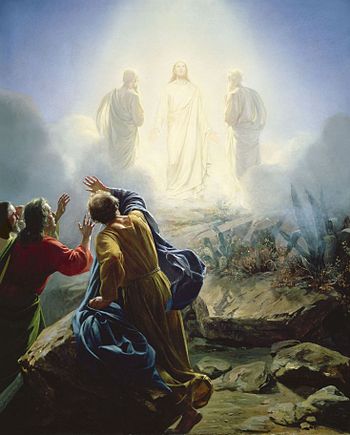Easter is the Beginning, Not the End
Easter Sunday has come and gone which means life can get back to normal right? No more Lenten sacrifices so the donuts, chocolate, and beers can come out of the hiding spots. No more meatless Fridays. No more long Gospel readings. No more stations of the cross, rosaries, and being hounded to go to Confession. Time […]
Easter is the Beginning, Not the End Read More »






